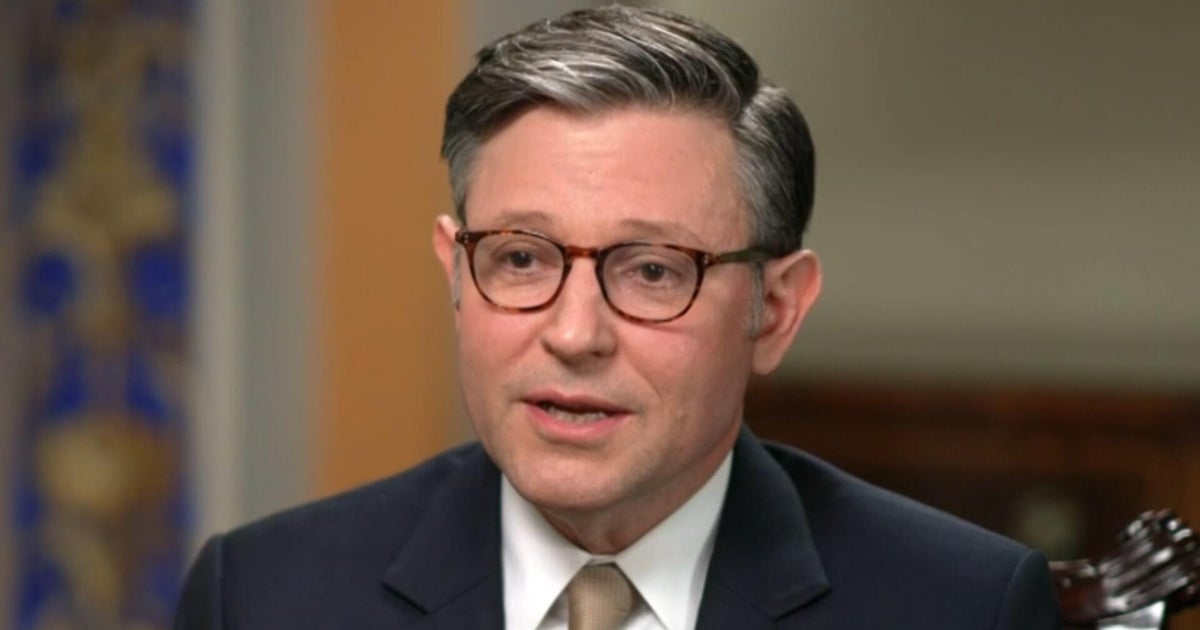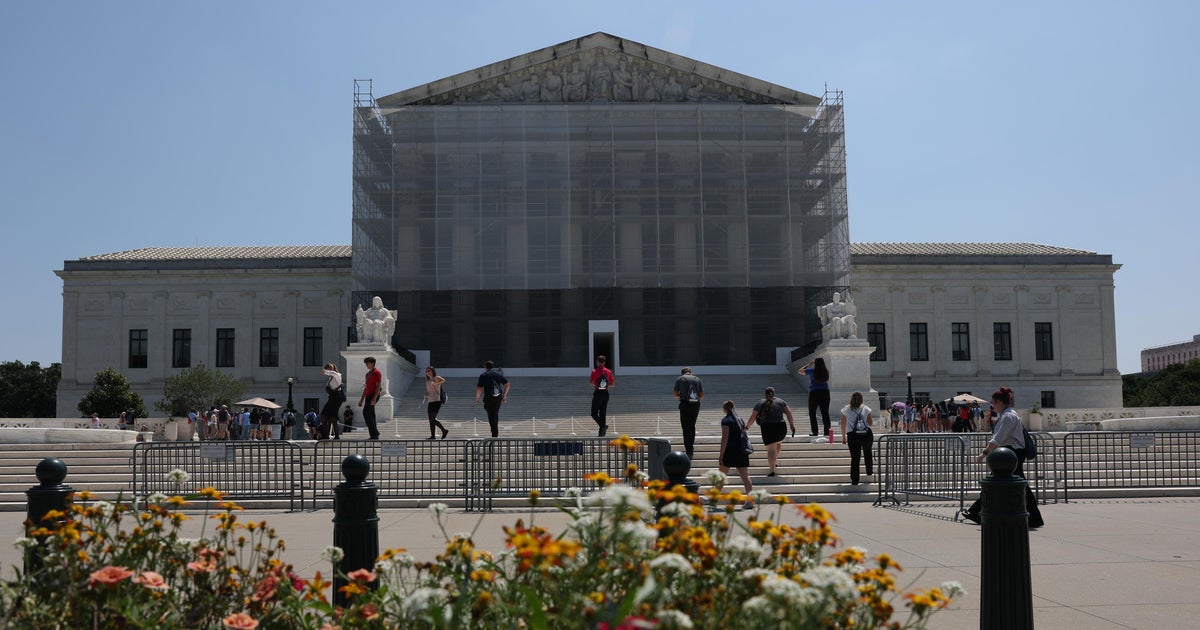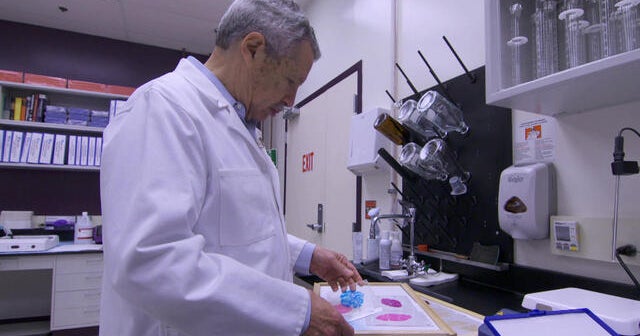Washington — The Supreme Court on Wednesday said it will allow President Trump to fire three members of the independent Consumer Product Safety Commission, a victory for the president as he tests the bounds of his removal powers.
The order from the court is the latest in which it has refused to reinstate independent regulators who were fired by the president without cause. It comes as Mr. Trump has moved to exert more control over the executive branch and has been overseeing a reorganization of federal agencies.
The unsigned decision appeared to fall along ideological lines, and came over the dissent of the three liberal justices, Elena Kagan, Sonia Sotomayor and Ketanji Brown Jackson.
The Supreme Court said the bid by the Trump administration to remove the trio of commissioners is controlled by its earlier ruling in a case known as Trump v. Wilcox that allowed the firings of members of two independent labor boards.
"Although our interim orders are not conclusive as to the merits, they inform how a court should exercise its equitable discretion in like cases. The stay we issued in Wilcox reflected 'our judgment that the government faces greater risk of harm from an order allowing a removed officer to continue exercising the executive power than a wrongfully removed officer faces from being unable to perform her statutory duty,'" the court said. "The same is true on the facts presented here, where the Consumer Product Safety Commission exercises executive power in a similar manner as the National Labor Relations Board, and the case does not otherwise differ from Wilcox in any pertinent respect."
The request for emergency relief from the high court by Solicitor General D. John Sauer arose from a federal judge's decision last month that found Mr. Trump's removal of the three commissioners — Mary Boyle, Alexander Hoehn-Saric and Richard Trumka Jr. — was unlawful and blocked their terminations.
The officials had been named to the five-member Consumer Product Safety Commission by former President Joe Biden for seven-year terms. Boyle's term was set to end in October, Hoehn-Saric's time on the panel was due to end in October 2027 and Trumka's in October 2028.
But in May, the three were told that their positions were terminated, effective immediately. Under federal law, a president cannot remove a commissioner at-will, but only for neglect of duty or malfeasance.
The removed members sued over their terminations in May and asked a federal judge in Maryland, where the Consumer Product Safety Commission is headquartered, to restore them to their positions. They succeeded in their bid last month, when U.S. District Judge Matthew Maddox allowed the three commissioners to resume their roles on the panel.
"Depriving this five-member commission of three of its sitting members threatens severe impairment of its ability to fulfill its statutory mandates and advance the public's interest in safe consumer products," Maddox wrote in his decision. "This hardship and threat to public safety significantly outweighs any hardship defendants might suffer from plaintiffs' participation on the CPSC."
A unanimous panel of three judges on the U.S. Court of Appeals for the 4th Circuit declined to block the district court's decision and allow Mr. Trump to fire the commissioners.
The commissioners, Judge James Wynn wrote in a brief opinion, "were appointed to serve fixed terms with statutory protections designed to preserve the commission's independence and partisan balance. Permitting their unlawful removal would thwart that purpose and deprive the public of the commission's full expertise and oversight. And because the attempted removals were unlawful, the Plaintiff-Commissioners never ceased to lawfully occupy their offices."
Sauer's emergency appeal to the Supreme Court regarding the commissioners' firings was one of several involving the president's power to remove executive officers, which his administration has argued is largely unrestricted.
The justices in May cleared the way for Mr. Trump to remove without cause two members of two different independent labor boards while legal fights over their terminations move forward. Over the dissent of the three liberal justices, the high court's unsigned decision said that the risk of harm to the government outweighs that of the removed officers, the line it cited in Wednesday's ruling.
Sauer said that May decision from the high court regarding the removals of Gwynne Wilcox from the National Labor Relations Board and Cathy Harris from the Merit Systems Protection Board should have foreclosed the reinstatement of the Consumer Product Safety Commission members. The district court's order, he wrote, effectively transfers control of the panel from Mr. Trump to three members who were appointed by his predecessor.
"That plain-as-day affront to the President's fundamental Article II powers warrants intervention now," the solicitor general wrote.
The U.S. Supreme Court More Melissa Quinn









